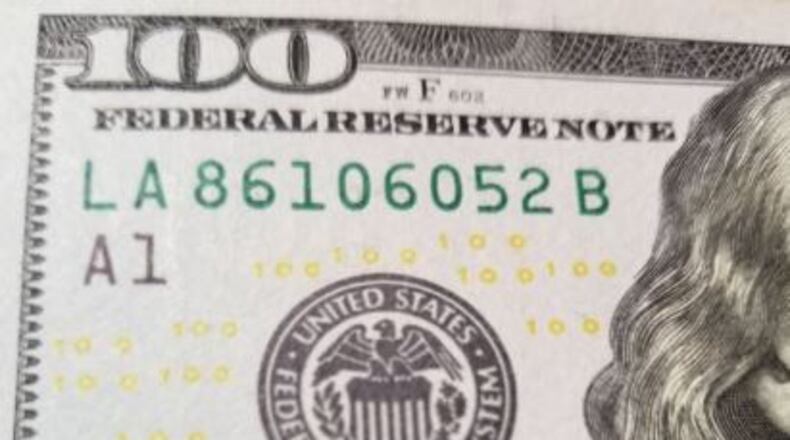The size of the surplus in April was smaller than a year ago, when the feds ran $214 billion into the black.
So far in 2019, the feds have seen revenues increase by $35 billion from the same point a year ago - about half of that increase is because of higher tariffs on imports levied by the Trump Administration.
WASHINGTON (AP) — The federal government recorded a $160.3 billion surplus in April as revenues jumped to an all-time high. But even with a flood of tax receipts, the deficit so far this year is running 37.7% higher than a year ago.
— Zeke Miller (@ZekeJMiller) May 10, 2019
While the news was good in April on the budget, the longer term trend continues to be for more red ink, as this latest report predicted the deficit for 2019 would end up at nearly $1.1 trillion.
The Congressional Budget Office still estimates this year's deficit will not reach $1 trillion - last seen in 2012 during the Obama Administration - but the CBO forecasts multiple years of deficits over the $1 trillion mark after 2020.
The good surplus numbers in April were part of a series of positive economic indicators for the U.S. last month, as 263,000 jobs were created by U.S. businesses, with the jobless rate dropping to 3.6 percent, the lowest rate since December of 1969.
Also, initial estimates of the growth in Gross Domestic Product for the first quarter of this year came in at 3.2 percent, leading Republicans from the President on down to say was evidence that the economy is moving in the right direction.
"Our country is doing well," President Trump said earlier this month. "We're very proud of that fact."
But for the small growth in revenues this year, the jump in GDP, and the surplus numbers in April - one of the biggest red flags continues to be the size of the federal deficit.
"After a two-year binge of tax cuts and discretionary spending that added $2.4 trillion to the debt, we cannot afford to keep ignoring the need for fiscal responsibility. " https://t.co/fBP4yv2NPe
— CRFB.org (@BudgetHawks) May 9, 2019
Budget watchdog groups continue to warn that the size of the federal deficit should not be approaching $1 trillion.
"The President and Congress should work together to address our unsustainable debt, not paper over and add to it," said the Committee for a Responsible Federal Budget.
Earlier this week, the Congressional Budget Office estimated that federal deficits would total $9.9 trillion over the next ten years - basically, $1 trillion per year.
The federal debt currently stands at over $22 trillion.
The last time the feds ran a surplus for an entire year was in 2001.
About the Author
